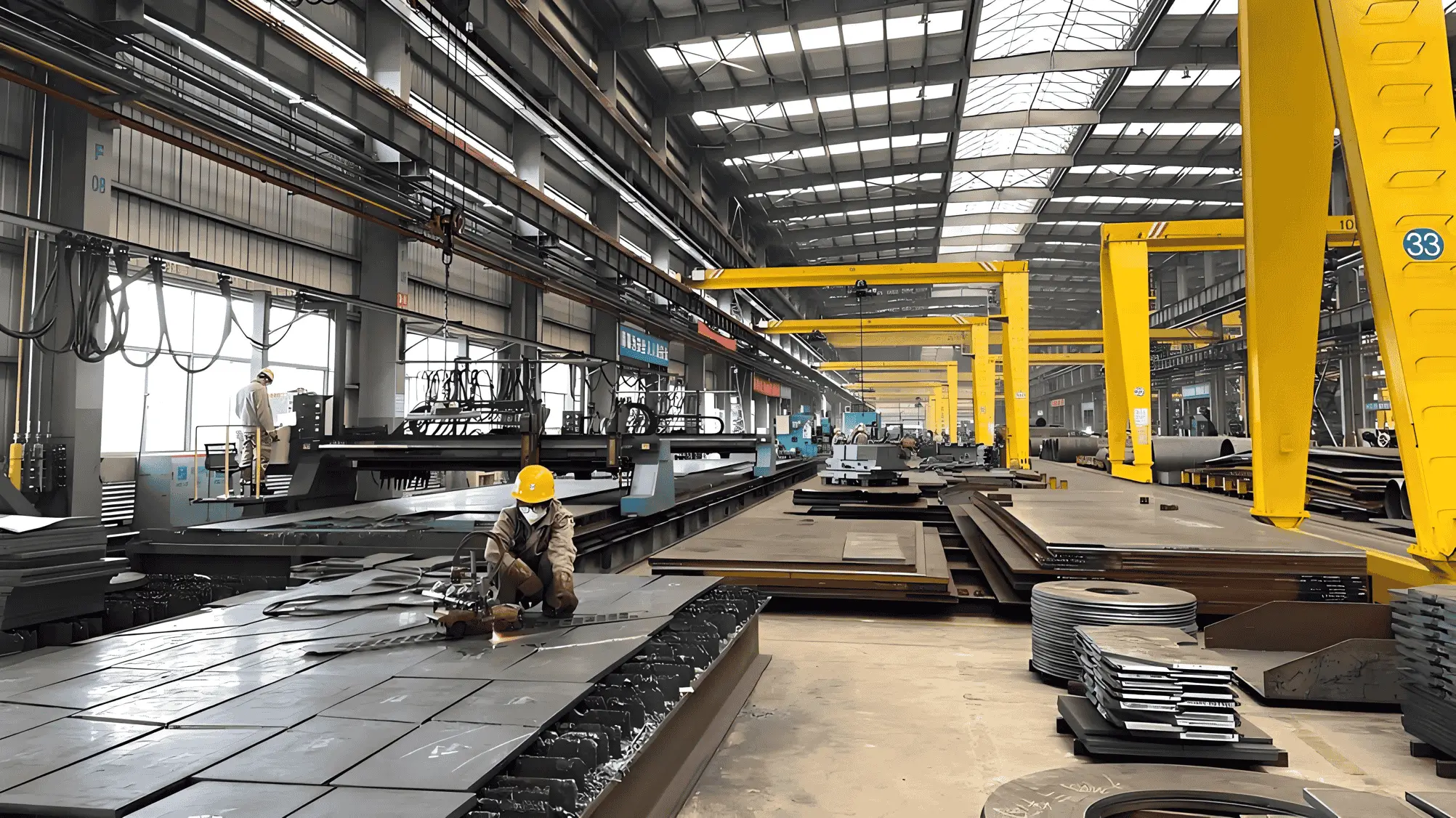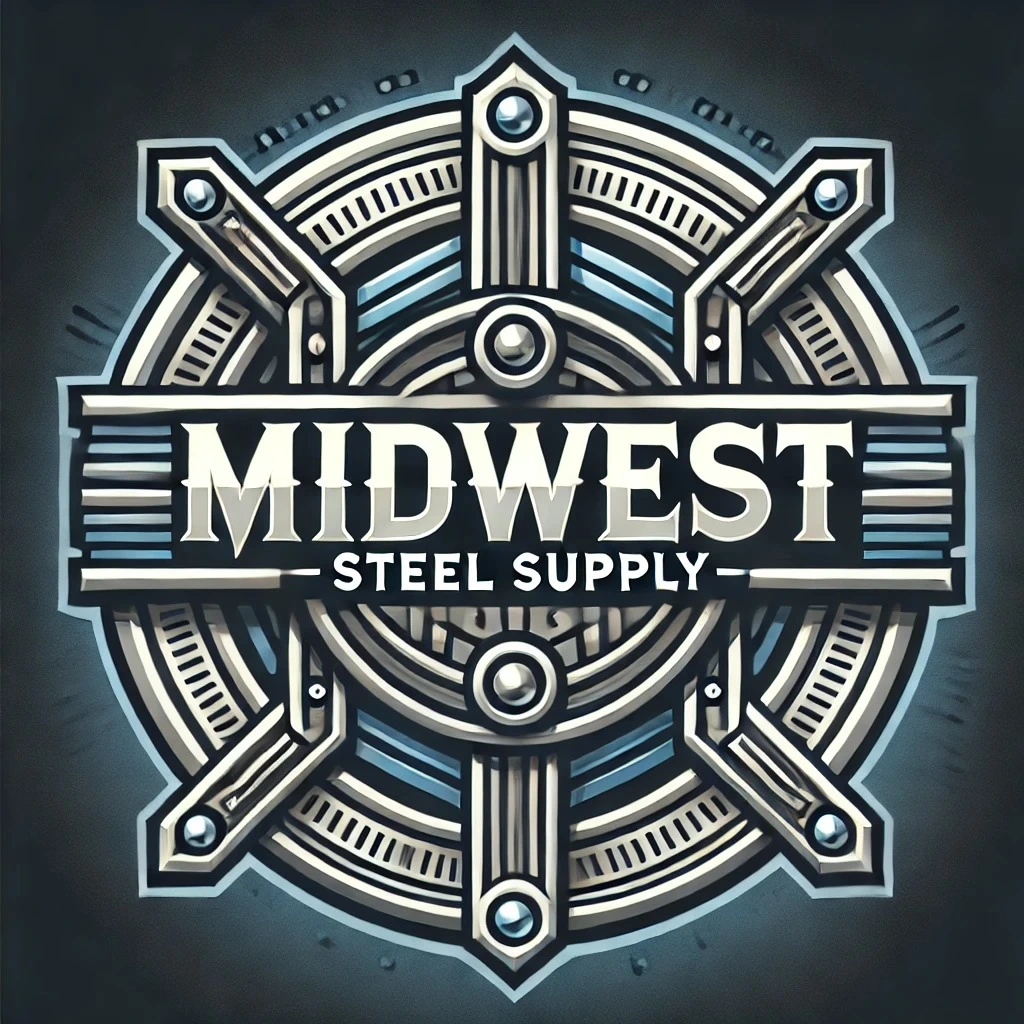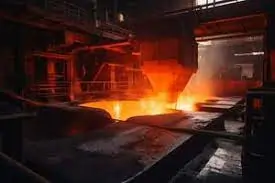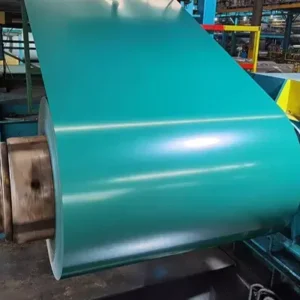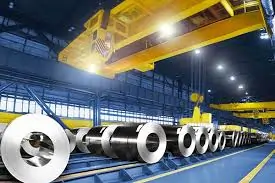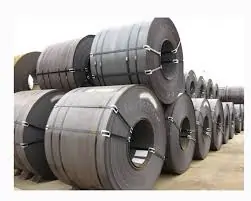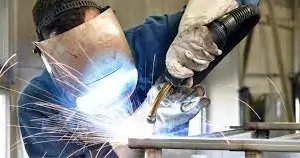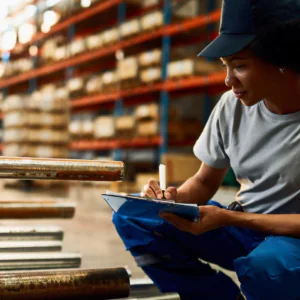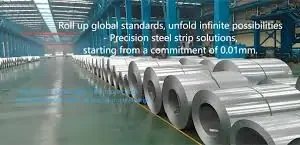Hot-Rolled Steel Strip Coils – Midwest Steel Supply
Product Menu
- Steel Bar
- Powder High-speed Steel
- Aluminum Strip Coil/Sheet
- Stainless Steel Strip Coil/Sheet
- Hot-rolled Steel Strip Coil/Sheet
- Cold-rolled Steel Strip Coil/Sheet
- Galvanized Steel Strip Coil/Sheet
- Color-coated Steel Strip Coil/Sheet
- Seamless Steel Pipe
- Welded Steel Pipe
- H-shaped Steel
- Angle Steel/Channel Steel

Hot-rolled steel strip coils are a fundamental material in the construction, manufacturing, and automotive sectors. Their strength, formability, and cost-effectiveness make them a top choice for various applications throughout the United States — especially in the Midwest, where steel supply and industrial demand are tightly linked.
This article explores what hot-rolled steel strip coils are, how they’re made, their key applications, and the role of Midwest steel suppliers in maintaining steady circulation of this vital material.
What Are Hot-Rolled Steel Strip Coils?
Hot-rolled steel strip coils are flat steel products that are processed at high temperatures (typically above 1700°F or 927°C), which is above the recrystallization temperature of steel. During this process, slabs of steel are passed through a series of rollers to achieve the desired thickness. Once rolled, the steel is coiled into large strips for transportation and use.
The result is a coil of steel that has a rougher surface finish than cold-rolled steel, slightly rounded edges, and less precise dimensions — but with excellent workability and lower production costs.
Characteristics of Hot-Rolled Steel Strip Coils
-
Thickness Range: Typically ranges from 1.2 mm to 20 mm.
-
Width Range: Usually available in widths from 600 mm to 2000 mm.
-
Finish: Scaled surface with a bluish-gray tint, which can be descaled or pickled for a cleaner appearance.
-
Mechanical Properties: Excellent strength and durability, suitable for structural applications.
-
Formability: Easily bendable and weldable, making it ideal for shaping and fabrication.
Manufacturing Process
The process of producing hot-rolled steel strip coils involves:
-
Heating the Steel Slabs: Steel slabs are heated in a reheating furnace to high temperatures.
-
Rolling: The heated slabs are rolled into thin strips through a series of roughing and finishing mills.
-
Cooling: The strip is cooled using water sprays to control the mechanical properties.
-
Coiling: The cooled strip is wound into coils and prepared for shipment or further processing (e.g., pickling or cold rolling).
This method allows for efficient mass production of steel in large volumes, with fewer internal stresses and distortions than cold-rolled steel.
Applications of Hot-Rolled Steel Strip Coils
Hot-rolled strip coils serve a broad range of industries, including:
1. Construction
-
Structural beams and columns
-
Roofing, decking, and cladding
-
Bridge and infrastructure components
2. Manufacturing
-
Agricultural equipment
-
Heavy machinery parts
-
Metal enclosures and housings
3. Automotive
-
Chassis components
-
Wheel rims and frames
-
Underbody parts
4. Pipeline and Energy
-
Pipe and tubing manufacturing
-
Wind turbine base structures
-
Solar panel supports
5. Shipbuilding and Railways
-
Hull plates and structural reinforcements
-
Railway car frames and components
Midwest Steel Supply: A Strategic Source for Hot-Rolled Coils
The Midwest region is the heart of American steel production and distribution. States like Indiana, Ohio, Illinois, and Michigan host some of the country’s largest steel producers and service centers, including Cleveland-Cliffs, U.S. Steel, and Nucor.
By sourcing from Midwest steel suppliers, customers benefit from:
-
Faster delivery times due to central location and strong transportation infrastructure
-
Lower freight costs to key manufacturing hubs
-
Consistent inventory of hot-rolled coils in standard and custom sizes
-
On-site services such as pickling, slitting, shearing, and custom cutting
Benefits of Using Hot-Rolled Steel Strip Coils
-
Cost-Efficient: Lower production costs than cold-rolled steel
-
High Volume Availability: Ideal for bulk industrial applications
-
Versatile Use: Suitable for structural and non-structural components
-
Strong and Durable: Great for parts exposed to high stress
-
Customizable: Available in different grades and surface treatments
Conclusion
Hot-rolled steel strip coils are essential to the backbone of American industry. Their balance of strength, formability, and affordability makes them indispensable in sectors ranging from construction to transportation.
For companies operating in the central U.S., sourcing from Midwest steel supply chains ensures reliability, cost savings, and access to expert support. Whether you’re building bridges, machines, or automotive parts, Midwest-based suppliers offer the hot-rolled steel solutions you need — when you need them.
Lastest Posts List
OEM & ODM
Highly precise technical design team,the design and production of tailored solutions for you.
Contact
